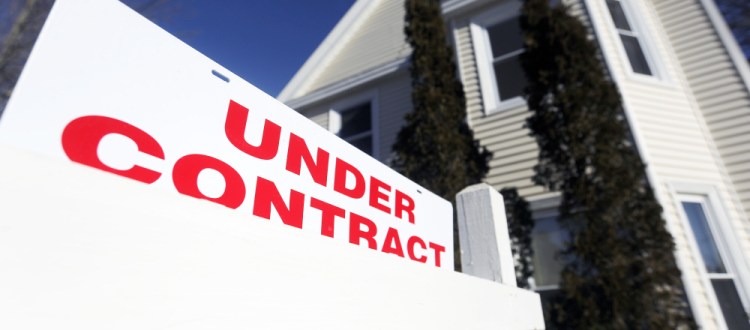When it comes to scapegoating entire generations’ spending habits, avocado toast is the new latte: an indulgence that those in their 20s and 30s are yielding to instead of saving or investing their money. But to say that today’s young people are financially strapped because they’re blowing their money at brunch is just as gross – and groundless – a generalization as blaming “the latte factor” was in the late 1990s.
Avocado toast leapt from the menus to the headlines thanks to Tim Gurner, a 35-year-old Melbourne real estate mogul who recently told Australia’s “60 Minutes” that frivolous spending was the reason for the low rate of homeownership among millennials.
“When I was buying my first home, I wasn’t buying smashed avocado for $19 and four coffees at $4 each,” he said. “We’re at a point now where the expectations of younger people are very, very high. They want to eat out every day; they want to travel to Europe every year.”
Tim Gurner is right. He is different from others his age: When he was 18, his boss fronted him $180,000 for his first investment property, News Corp. reported Tuesday. After renovating the structure, Gurner got the $12,000 profit from its sale; with that money, plus $34,000 from his grandfather, he secured a $150,000 loan to buy a gym that he sold a year later.
Most young people, to say the least, don’t get this generous a helping hand. Which is too bad, because they could use it.
Using Census Bureau data, Business Insider found that median 2014 personal income for workers born between 1981 and 1997 ranges from a low of $18,000 in Montana to a high of $43,000 in Washington, D.C. Meanwhile, the median for all employees in Montana was $30,000; in D.C., it was $55,000. At $19,200, the median 2014 income for millennials in Maine was fourth lowest in the U.S. (the median for all Maine workers was $33,400 that year).
Some of the disparity can be explained by youth and inexperience, but millennials are also hamstrung by other factors.
• They entered the workforce in a recession. This has what economists call “a persistent negative effect on earnings” over a lifetime: When your first job is a low-paying one, it’s hard to make up ground later on.
• Because education debt is higher than ever (the average Maine student graduates from college owing $30,908 in school loans), “the median college-educated millennial with student debt is only earning slightly more than a baby boomer without a degree did in 1989,” The Associated Press reported in January.
• High housing costs make it hard to save money for a down payment. It’s been documented that average rents in Portland, for example, are hundreds of dollars more than what many tenants can swing, and the crisis is growing in other parts of the state. The cost of owning a home is also climbing: The median home price in Maine in 2016 was $189,400, up 4.9 percent over the year before.
• Health care is out of reach for many millennials. According to a new survey, 27 percent of Americans age 18 to 34 said they’d put off visiting a doctor because of the expense, and 29 percent were worried about whether their policy would cover basic costs.
With all of this on their minds, it’s no wonder that millennials like Mike Dang, co-founder of the finance-focused site The Billfold, have lost their appetite for stereotypes like Tim Gurner’s. “If millennials are having trouble controlling their spending, the data does not show it,” he said in a Longreads blog post, pointing out that The New York Times recently reported that the percentage of Americans under 35 with credit card debt is lower than it’s been in nearly 30 years.
What’s actually eating away at millennials’ paychecks is the cost of necessities, not luxuries. Compounded by stagnant wages, it’s a recipe for financial stress that’s far too deep-rooted to be mitigated by going cold turkey on eating out. That’s the message that deserves to go viral – not the sermonizing from someone born on third base who thinks he hit a triple.
Send questions/comments to the editors.



Success. Please wait for the page to reload. If the page does not reload within 5 seconds, please refresh the page.
Enter your email and password to access comments.
Hi, to comment on stories you must . This profile is in addition to your subscription and website login.
Already have a commenting profile? .
Invalid username/password.
Please check your email to confirm and complete your registration.
Only subscribers are eligible to post comments. Please subscribe or login first for digital access. Here’s why.
Use the form below to reset your password. When you've submitted your account email, we will send an email with a reset code.